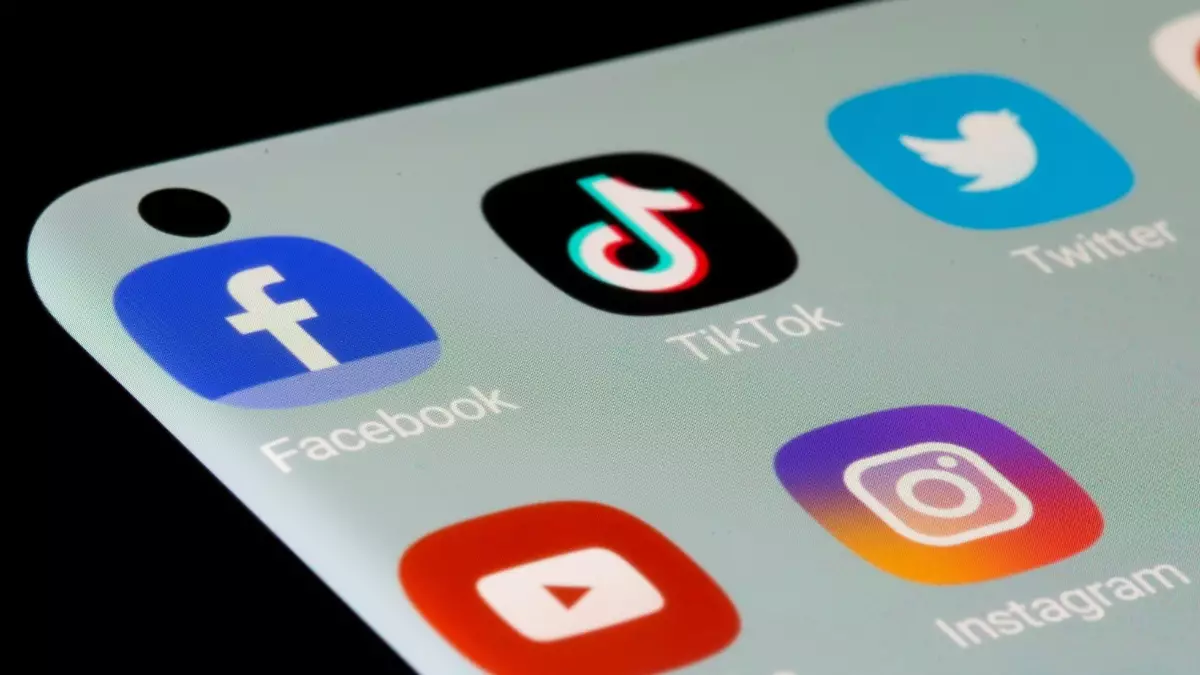In a sweeping move that has the potential to redefine how social media platforms operate globally, Australia is poised to legislate a ban on social media access for children under the age of 16. Prime Minister Anthony Albanese unveiled this strategy, characterized as a world-first, on a recent Thursday. This initiative reflects a growing awareness among governments of the need to protect vulnerable youth populations from the potential dangers posed by excessive social media exposure.
The Australian government’s decision comes amid mounting evidence linking social media use with negative impacts on young people’s mental health and well-being. Prime Minister Albanese emphasized the necessity of this intervention, stating, “Social media is doing harm to our kids, and I’m calling time on it.” This statement underscores a prevailing concern that unregulated digital environments can exacerbate issues related to body image and mental health, particularly among teenagers navigating the tumultuous period of adolescence.
In contemplating the emotional and psychological challenges faced by young people, Albanese pointed specifically to harmful content often aimed at girls and detrimental stereotypes that affect boys. The unique developmental phase of adolescents makes them especially susceptible to these negative influences, thus warranting legislative action. The proposal to enact age-verification systems—including potentially controversial methods like biometrics and government identification—is indicative of the rigorous steps Australia is willing to undertake.
Australia is not alone in its concerns over children’s online safety; several countries have registered efforts to restrict social media access for younger demographics. Nevertheless, Australia’s proposed measures are some of the most stringent to date. With no exceptions allowed for parental consent or pre-existing accounts, the government is sending a strong message to social media companies that compliance will be paramount. This legislative approach diverges from practices seen in other countries, such as France, where parental consent provisions offer a loophole for younger individuals to access social media.
The upcoming legislation, slated for introduction into Parliament this year, reflects a proactive stance geared towards eventual implementation within a year upon ratification. This timeline indicates the urgency with which Australia is pursuing these reforms, a sentiment echoed by Communications Minister Michelle Rowland, who asserted, “What we are announcing here and what we will legislate will be truly world-leading.”
Despite the government’s intentions to prioritize youth safety, various stakeholders within the tech industry have raised concerns about the implications of such a ban. The Digital Industry Group (DIGI), which represents major platforms like Meta, TikTok, and Google, cautioned that outright bans may push young people towards less regulated, potentially harmful areas of the internet. DIGI’s Managing Director, Sunita Bose, argued for a more nuanced approach that fosters digital literacy and safe online spaces instead of blanket prohibitions.
The potential unintended consequences of this legislation highlight the complexity of the issue at hand. While the goal of protecting minors is noble, a wholesale ban may inadvertently restrict young people’s access to supportive online communities, exacerbating isolation during formative years. Addressing the challenges posed by pervasive digital media demands innovative, multifaceted strategies rather than simplistic solutions.
As Australia embarks on this pioneering legislative journey, the conversation surrounding the regulation of social media for minors is far from settled. There is an increasing recognition that a combination of robust regulation and education regarding responsible digital citizenship could lay the groundwork for a healthier online ecosystem. This dual approach would not only shield minors from harmful content but would empower them to navigate digital landscapes more safely.
The Australian government’s initiative to legislate a ban on social media for children under 16 represents a bold step toward rethinking youth engagement with technology. While the intentions behind this policy are commendable, a careful evaluation of its potential impacts is essential. As nations grapple with the consequences of the digital age on young lives, Australia’s example may serve as a pivotal case study in the ongoing quest for a balance between protection and empowerment in the world of social media.

